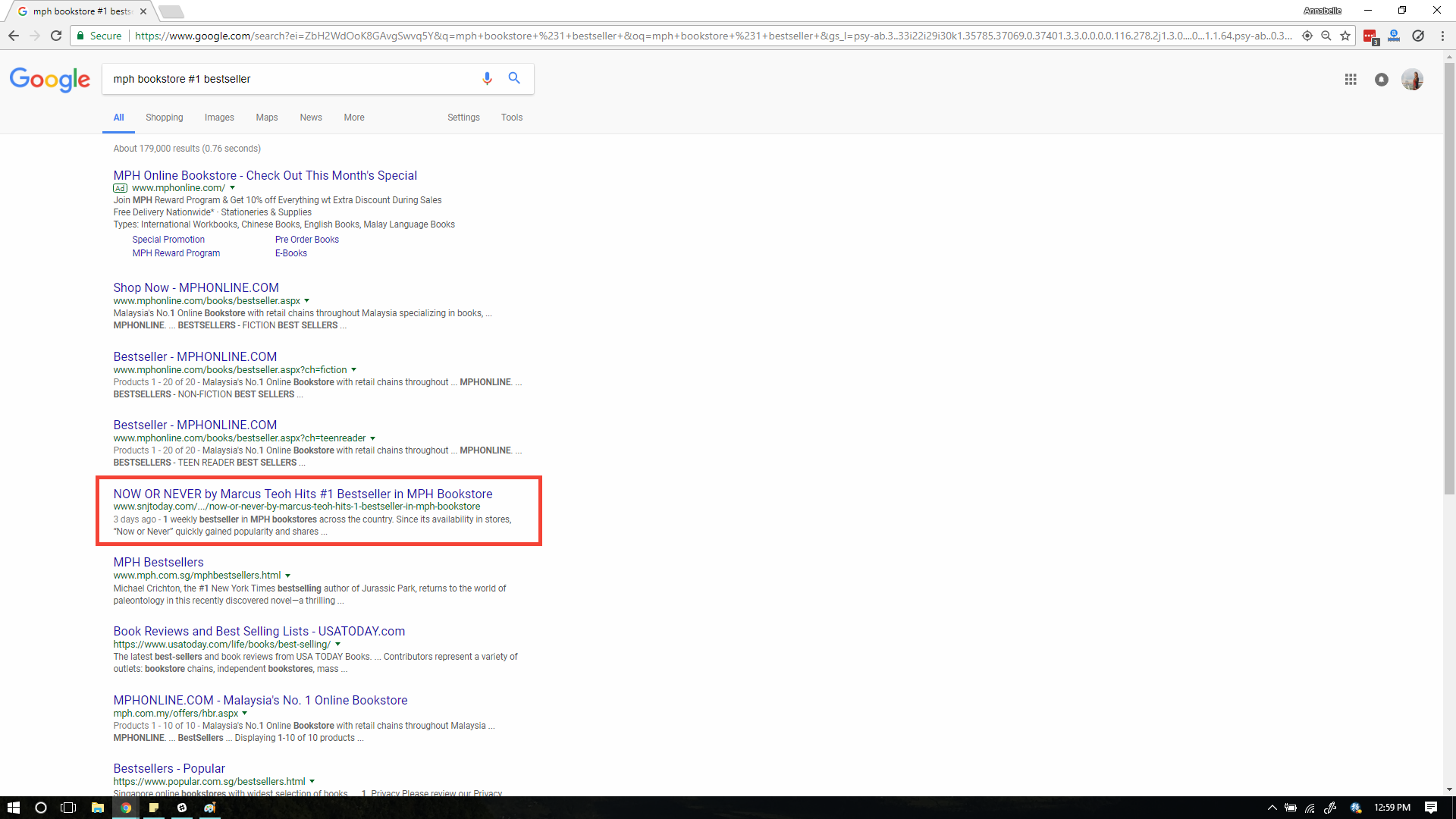
Journalists can be a powerful asset to your business. Getting them on side can give you an unprecedented level of exposure. What’s more, this exposure comes from a third party who champions your brand to their audience. But to do this, you need to win them to your side.
A journalist might work for a newspaper or media organisation, whether in print, on TV or online. A journalist is responsible for gathering, assessing, creating, and presenting information they think is relevant, current, and important to their audience.
If you can ensure your content matches these requirements, your PR campaign can actually make their job much easier. When your objectives are in parallel, you become an asset to the journalist, as well as the other way around.
In our previous article, we looked at how businesses can recruit a PR service. This week, we’re going to look at how getting a journalist actively involved in your business can help you gain a whole new level of success in your content marketing endeavors. You can gain publicity for your business through genuine media coverage.
So, how can journalists help your business get better publicity?
1) Journalists Can Identify Possibilities For Multimedia
Journalists understand audience attention far better than your internal marketing teams. They also understand what sells best to editors across different forms of media.
While you might be used to creating blog content for your website, you might not have considered other options that would be more appealing to both the media and the public. A journalist can help you create in-depth pieces with independent research, such as analysis and special reports.
What’s more, they can even give you guidance on what opinion pieces will gain traction so that your senior management team can begin building their personal brand on behalf of the company.
Many journalists are also adept at audio and video content – they can help you guest on podcasts and in video interviews. These forms of media are less accessible because they require a team of audio engineers and cameramen to produce – this makes them rarer, and can help your business project legitimacy above and beyond your competitors.
Finally, journalists are constantly immersed in different forms of content, which means they will be able to identify growing trends much earlier than your competitors. This advantage can help you stay ahead of the game by producing cutting edge content, and the kind journalists want to see.
2) Journalists Are Trained Storytellers
While writing is an essential skill for content marketing, dry, boring content won’t inspire anyone. Half the battle is creating compelling content, and story is what will make your content compelling.
Getting the right story from your internal staff, from your new product developments, and from your strategic business objectives is a very important part of the process, and one a journalist can help you with.
Journalists are trained professionals in storytelling. The public love stories, because they conform to a structure used since the dawn of civilisation, and certainly since they themselves were very young. Stories provide a framework through which to understand the world and the events around us.
If a journalist spends time listening to the leaders of the organisation, speaking with the experts you have on your time, and even interviewing customers about their experience with the brand, that journalist will instantly identify points of interest from all three. These points of interest can give you a guiding perspective for your content in a manner that is audience-focused.
This content will outperform any internally informed piece you could produce, because the journalist has seen it with outside eyes – from the perspective of a customer. As such, their stories will resonate more deeply with customers because their perspectives are aligned.
The quality of the finished product will also be superior to internally produced items, because journalist are trained not just in conceptualizing stories, but realizing them as well.
3) Journalists Understand The Value Of Polish
Journalists, like any other professional, have many demands made on their time. As such, even if you establish a healthy partnership with a journalist, they are unlikely to be able to dedicate all their time to producing original content for a business.
That said, there are ways to utilize their professional skills that can work for everyone. If you have sought journalistic consultation on the kind of content you should be producing, you can then hand this to your internal team to produce.
At that point, you can then ask a journalist to work with you on polishing the content. They can look at making the headline as compelling as possible, and perfect the opening paragraphs to establish a compelling story that will hook the audience. They can also check the spelling and grammar to ensure the content is professional and readable. PRWire Asia has a comprehensive set of guidelines for content quality that will ensure maximum distribution, based on Associated Press guidelines – these are second nature to journalists.
Now you can see the benefits of a journalism marketing strategy, you very likely want to know more about how you can identify and win over a journalist to support your business. If you’re wondering how to get media coverage, the three keys are tact, empathy, and research. Our top tips below will help you reach out to journalists in a respectful and professional way.
So, how can you attract journalists to your cause?
1) Take Time To Understand The Journalist You’re Pitching To
The value of this can’t be underestimated. Many businesses will send blanket emails to hundreds of journalists at a time, and while this is efficient from your side of things, it makes you that much easier to ignore.
Take the time to identify the journalists that can best help you. Journalists are the original influencers. Find those who work in similar industries to you, at high profile papers or outlets, that have featured businesses in articles in the past. This will form your shortlist.
From there, try and find their personal website, and read their profile on the media outlets they work for. Usually, you can get a sense of what they are interested in. If it isn’t what you’re working on, don’t waste their time. Pick someone who is likely to be passionate about your business.
Lastly, make sure you know how your journalists want to be contacted. You need to know whether they prefer to be contacted over email, on the phone, or even via social media. Contacting a journalist in the wrong way is an easy way to define yourself as a nuisance, rather than an asset.
2) Develop A Reputation As An Industry Expert
Don’t let this frustrate you. It’s easy to think that you need a journalist’s help to be perceived as an industry expert, but they are putting their reputation on the line by associating their reporting with your business. As such, you need to be seen as an expert in your industry before journalists can begin to trust you.
Building trust and authority can be easily achieved by creating a press release campaign, which will syndicate your news items to over 300 local and global news outlets with high authority. This is doubly useful – journalists use Google to find stories, and PRs are often listed in SERPs thanks to the high authority of the media outlet, allowing your business to piggyback.
At the same time, these backlinks will make your page rank more highly for your keywords, having a powerful SEO effect. Once journalists see they are being respectfully approached by an industry heavyweight, the chances of them getting involved in your mission increase greatly.

3) Create Independent Research
We live in the age of Big Data. Data is so satisfying to businesses because it allows them to base their actions on concrete evidence. Data is similarly compelling to journalists – finding hard evidence with real implications for the industry, without having to do the work themselves, is a real godsend.
Creating research needn’t be difficult either. If you are doing business in the 21st century, you should be collecting data on your customers and transactions anyway. What’s more, it is simpler than ever to create a basic customer survey and interpret the data received.
PropertyGuru Malaysia had great success releasing a press release around their collaboration to combine data with the Urban Redevelopment Authority (URA) to predict property market transactions in Singapore. This data sharing created instant insights into a world that impacts everyone – property markets have implications for everyone of working age, and urban redevelopment has broad reaching social implications. It’s easy to see how this became essential fodder for journalists.
By sharing insights, you help people see inside the market in real terms. You are providing a factual anchor for the ‘story’ portion of the piece.
An easy example is to poll your customers and what they want from your industry – this poll is instantly ‘newsworthy’.
Journalists Will Get Your Business Noticed
By now, you should understand the value that journalists bring to the table. They have established links with influential media outlets, and connections to audiences that would benefit from knowing about your products and services.
You should also understand how best to research, shortlist and make contact with journalists active in your area, and within your relevant industries.
PRWire Asia’s News Personal Assistance team (news PA) can let you be discovered by journalists easily. The News PA teams, backed by professionally trained copywriters, will craft your business activities into newsworthy stories and share these journalists-friendly writing on a wide distribution networks of media outlets. Publishing content on these networks is an important step in seeding primary information about your business to develop trust and nobility for your business and to be searchable by other journalists.
If you have any questions about establishing relationships with journalists, ask them in the comments section below. Equally, if you have any anecdotes about working with journalists to improve your content marketing, share your insights with our community.
Annabelle Ong
Annabelle is the head of marketing & branding. Other than generating sales, crunching calculation, and analyzing the market, another obsession of hers is the need to hunt for good food.
